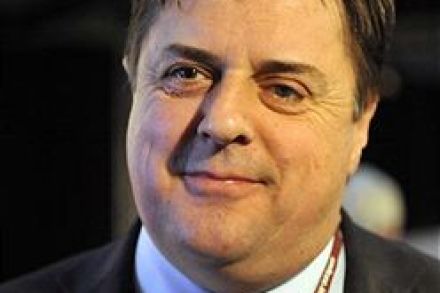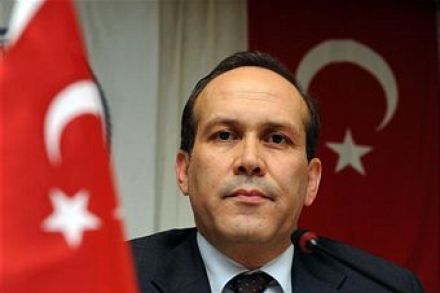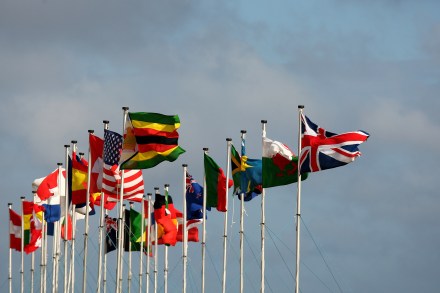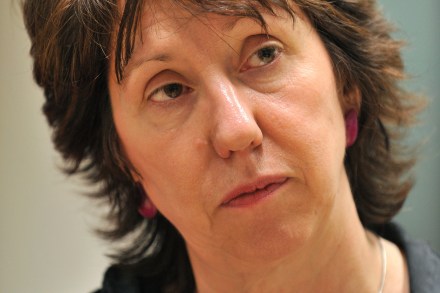Germany, where art thou?
It is more than 100 days since Guido Westerwelle became Germany’s foreign minister and the questions about Germany’s diplomatic introspection remain. They may have even grown and are becoming problematic for Berlin’s allies. Chancellor Schröder appeared to follow a Sonderweg, a philosophy that saw Berlin move away from old notions of peacemaking and away from old alliances, such as that with the United States. At times, he seemed to want a new axis between Paris, Berlin, and Moscow, making Germany a go-between between East and West, a kind of post-modern Tito. Angela Merkel’s first term addressed the worst excesses of the Schröder years, but the vagaries of coalition government

















